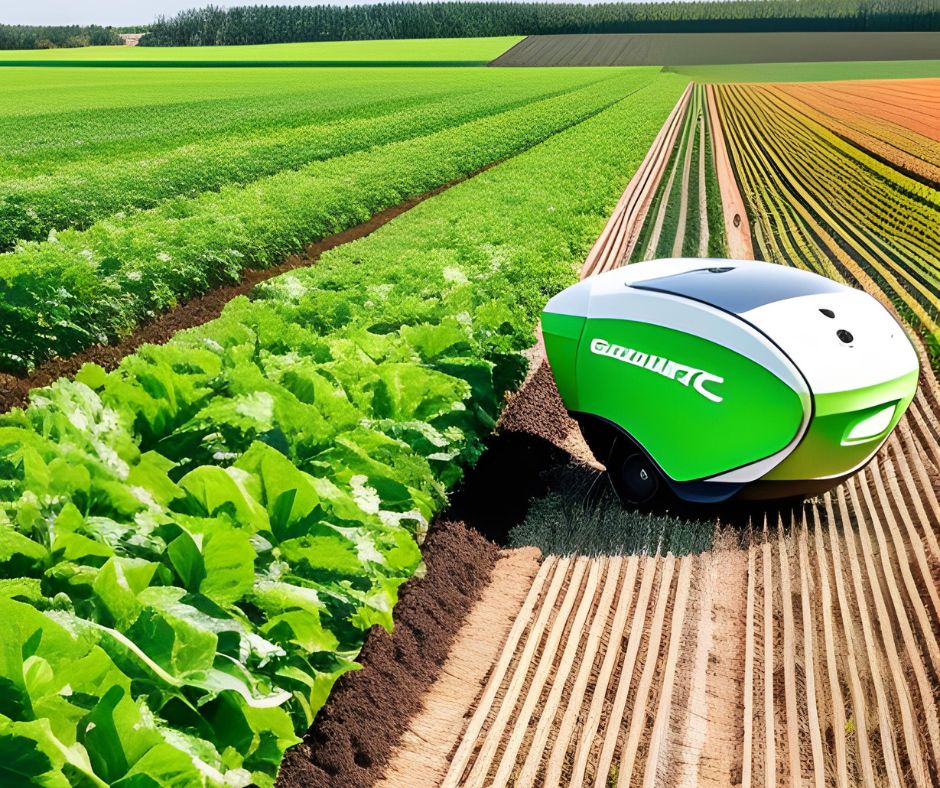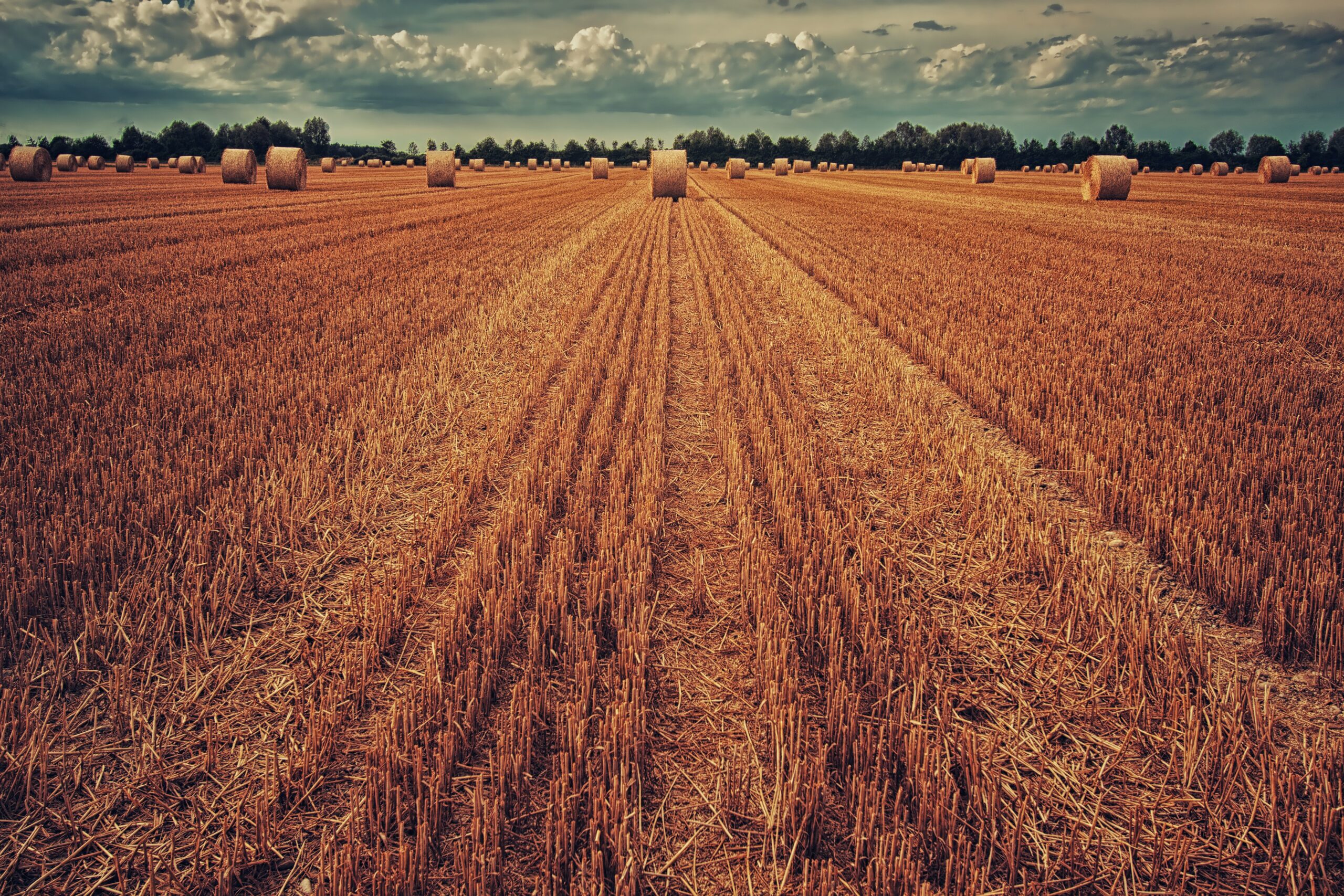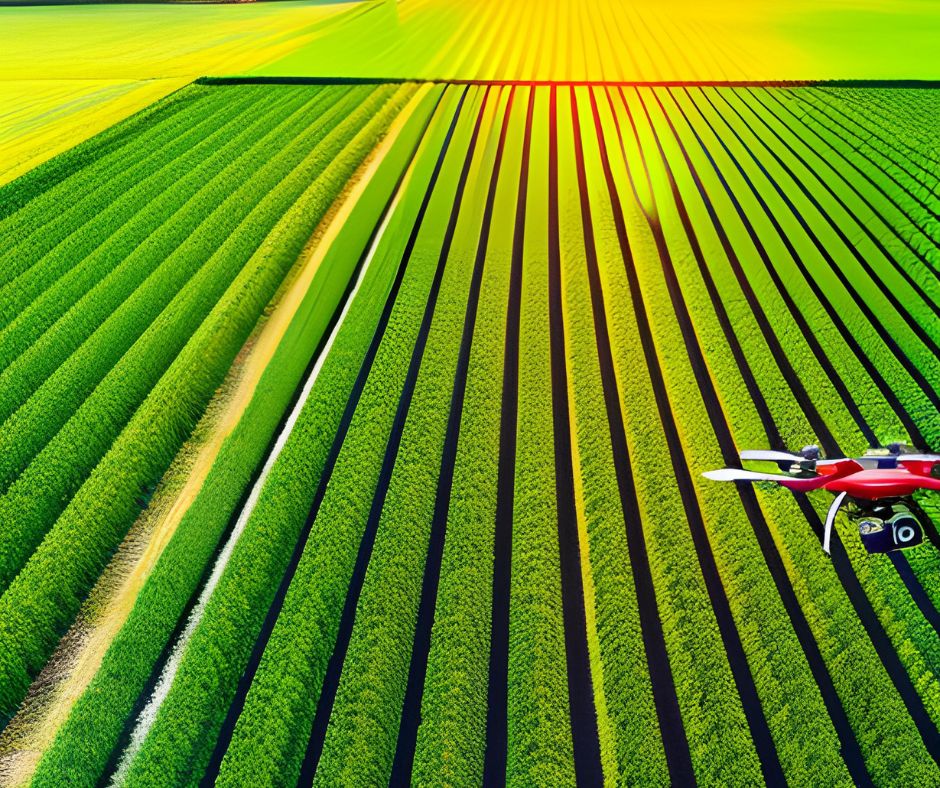The temporary measures outlined in the EU agreement pertain to the trade of four specific Ukrainian products: wheat, maize, rapeseed, and sunflower seed. However, a consortium of 12 European Union nations, including prominent members such as Germany and France, have expressed “serious concerns” regarding a recent transit deal concerning tariff-free Ukrainian grain. This development has rekindled a political controversy that the European Union had aimed to mitigate.
The agreement was reached in the previous month following grievances from Poland, Hungary, Slovakia, Romania, and Bulgaria, who alleged that the influx of Ukrainian cereals was creating an environment of unfair competition and exerting downward pressure on prices for local farmers.
Following negotiations with the European Commission, a temporary agreement was reached that permits the transit of four Ukrainian products—wheat, maize, rapeseed, and sunflower seed—through the five Eastern European countries. However, this arrangement specifically prohibits the storage of these products within their territories or their acquisition for domestic consumption.
Recently, a broader coalition of member states has emerged to challenge this solution. They contend that the deal contradicts the commercial regulations of the European Union, lacks transparency, and necessitates additional consultations. Furthermore, these governments express concerns regarding the potential ramifications of the agreement on markets beyond the Eastern region, prompting inquiries into its broader impact.
In a collective letter addressed to the European Commission, the 12 countries emphasized their support for seeking European-wide solutions to address the challenges faced by specific member states. However, they underscored that the integrity of the internal market should not be treated as a flexible parameter for adjustment.
In continuation of the letter, the signatories express their serious concerns regarding the measures implemented by the Commission on 2nd May, which were executed without prior consultation with the other member states. These measures, specifically pertaining to the selective restriction of imports from Ukraine, raise apprehensions as they result in differentiated treatment within the internal market itself.
Furthermore, the letter raises questions regarding the future handling of similar cases, whether in terms of nature or scale, that may arise from one or multiple member states.
The letter, dated 10th May, is endorsed by the agriculture ministers of Austria, Belgium, Croatia, Denmark, Estonia, France, Germany, Greece, Ireland, Luxembourg, the Netherlands, and Slovenia.
Following the unilateral bans imposed by four member states on a broad range of Ukrainian cereals and food products, a recent agreement was reached between the European Commission and the five countries involved—Poland, Hungary, Slovakia, Romania, and Bulgaria. This deal was finalized towards the end of the previous month.
The member states justified their actions by pointing out that the inflow of goods, exempted from tariffs as part of the EU’s aid to the war-torn nation, was causing distortions in their domestic markets. They highlighted issues such as overflowing warehouses and declining prices, particularly affecting local farmers who play a significant role in elections.
Initially caught off guard by these bans, the European Commission strongly criticized the move as “unacceptable.” The Commission emphasized the importance of establishing “solidarity lanes” to provide an alternative route for Ukrainian grain to reach developing countries, as the traditional Black Sea route remains tightly controlled by Russian forces.
Subsequently, Brussels initiated negotiations to develop a comprehensive EU-wide solution that could replace the uncoordinated national responses and provide a level of certainty for Ukrainian businesses.
After nearly two weeks of discussions, the parties involved reached a temporary agreement, focusing on four key Ukrainian products that were deemed to have the most disruptive impact: wheat, maize, rapeseed, and sunflower seed.









